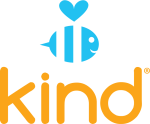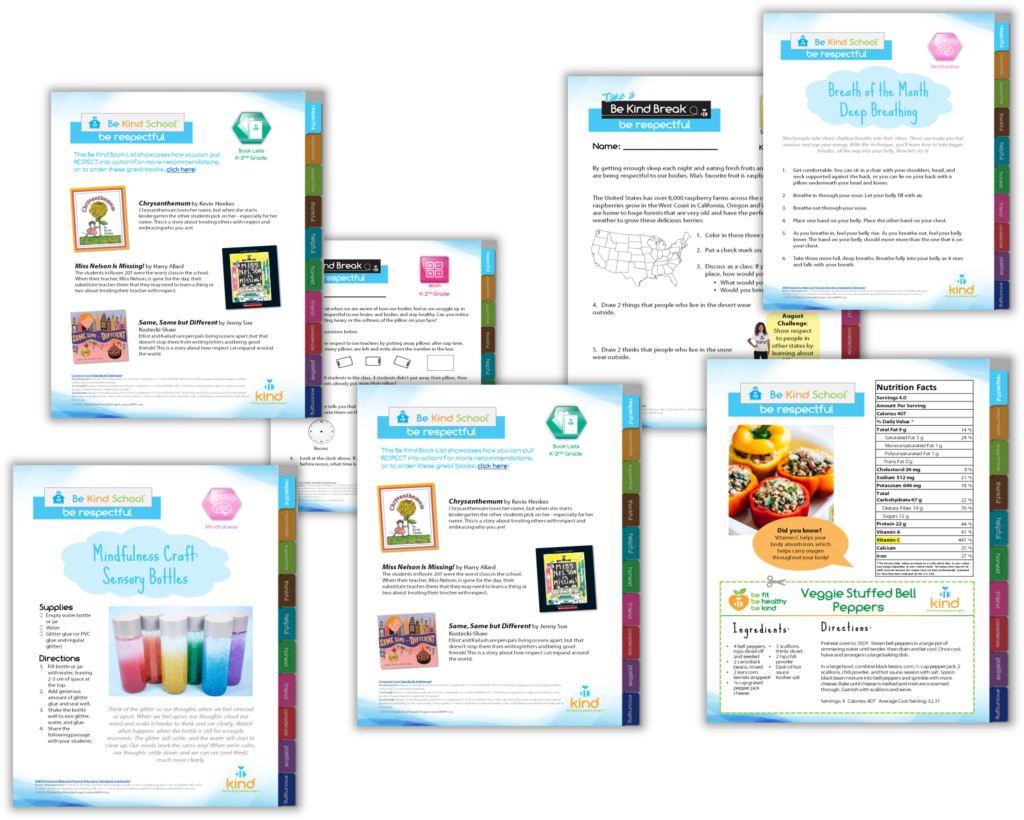- About
- Programs
- After School Classes
- All-School Assemblies
- The BE KIND Business
- The BE KIND Community Education Center
- The BE KIND SCHOOL
- BE KIND on the MOVE
- Classroom Resources
- #CyberSkills
- Family Engagement
- Fitness Programs
- Gardens
- Grace’s Group
- Health & Wellness
- Summer Programs
- Teacher Training
- Wellness Wednesday
- Athletes for Arizona
- Events
- Get Involved
- Donate
Have you been drinking enough water?
- Home
- Wellness Wednesday
- Nutrition
- Have you been drinking enough water?
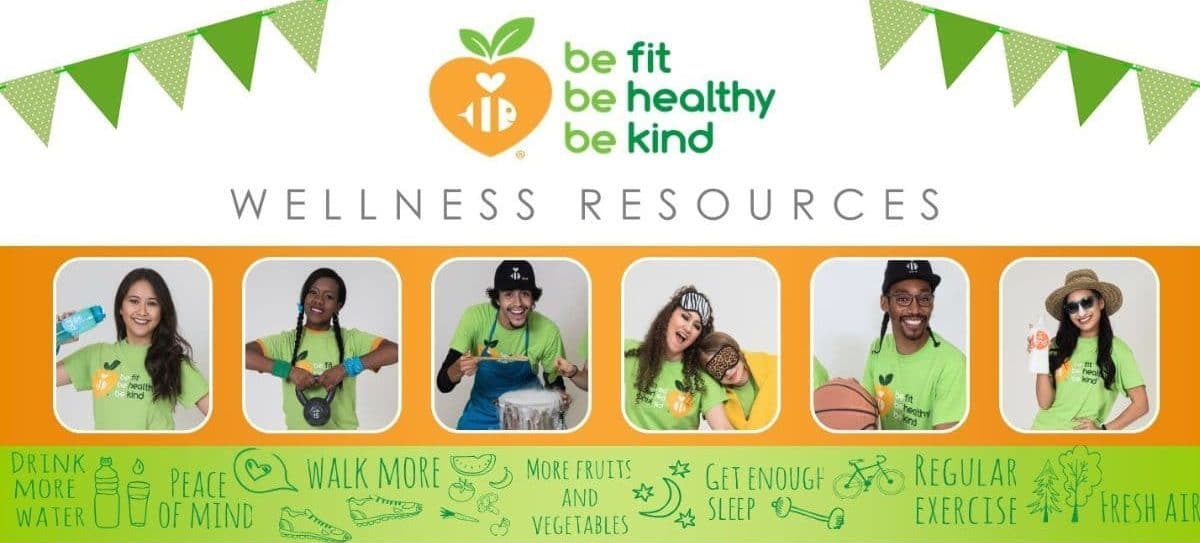
Wellness Wednesday emails are designed to provide you with simple tools, information, and resources to encourage positive and healthy lifestyle choices. As a proud recipient of The Healthy Arizona Worksite Award, The Be Kind People Project is committed to the health and wellness of their employees, friends, and family.
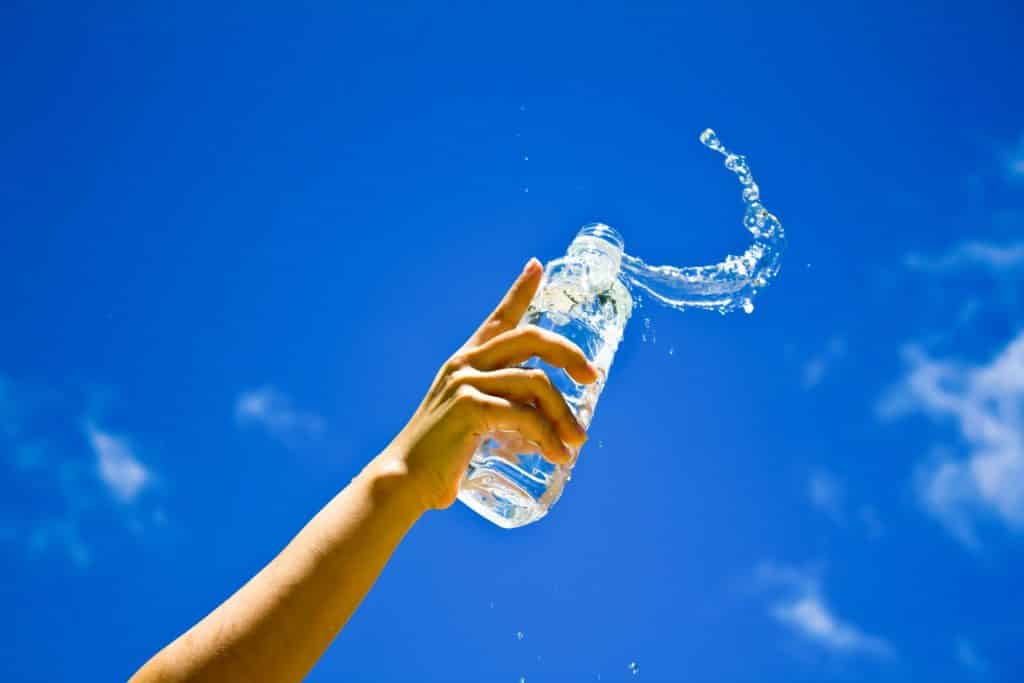
Cheers to December!
You know that water makes up a large percentage of our total body weight, about 60% in healthy adults. Water is such an underrated essential part of your diet, with so many of us walking around with chronic dehydration! Losing as little as 3% of your water levels classifies you as dehydrated, and this can cause so many health issues.
What happens when you become dehydrated?
Sometimes you might be experiencing dehydration symptoms without realizing it! However, you can alleviate these symptoms by drinking more water.
- Brain fog – Loss of water in your body can cause memory loss and poor brain function.
- Health issues – As the percentage of water loss rises, you are increasing your risk of kidney stones, tooth decay, dry skin, headaches, and it can make you feel tired.
- Physical fitness – Exercising causes you to sweat, and that sweat is water leaving your body. If you do not replenish the water lost, your muscle endurance can decrease. That opens the door for uncomfortable and sometimes painful muscle cramps like a “ charley horse. ”


How do you prevent dehydration?
Moderate dehydration happens throughout the day. However, here are some tips to prevent mild fluid loss!
- Drink enough water – Drink enough water – For women, drinking at least 11.5 cups of water per day is enough to maintain hydration. For men, drinking more than 15 cups of water is enough to maintain adequate hydration. Reusable water bottles typically hold on average 24oz of liquid. All you need to do is fill that water bottle up four times for women and up to six times for men. Here is a chart to reference on how much water your kids should be drinking.
- Eat more fruits and vegetables – Fresh fruits and vegetables can help keep you hydrated as well. Eating your recommended 1 to 2 cups of fruit and 1 to 3 cups of vegetables can contribute to almost 20% of your daily water intake. Some fruits and vegetables high in water include watermelon, tomatoes, apples, cantaloupe, cucumber, lettuce, broccoli, and Brussel sprouts.
- Monitor your intake during climate change and physical activity – Whenever you break a sweat, either due to hot summer days or an intense workout, it is necessary to increase your water intake above your daily needs to maintain that 60% hydration level.
Drink up!
Sometimes drinking water can feel like a second job, and you may feel overwhelmed with this habit you need to adopt. However, it does not have to be like that! Here are some tips to help you stay hydrated:
- Keep a water bottle with you – There are a lot of water bottles on the market , and it is easy to find one at any store, even the dollar store. You can even be environmentally conscious by saving your plastic water bottle and refill that every day.
- Schedule time to drink – Try drinking 8 ounces of water every hour until bedtime to get plenty of hydration. If drinking plain water gets boring, you can add fruit like lemon or orange slices or add a water flavoring packet to your bottle to spice things up!
- Hydration benefits – It helps stabilize your internal body temperature, acts as a lubricant for your bones and muscles, and gives you the energy to get through your daily activities.
Here are a few water safety tips to keep in mind while you quench your thirst.
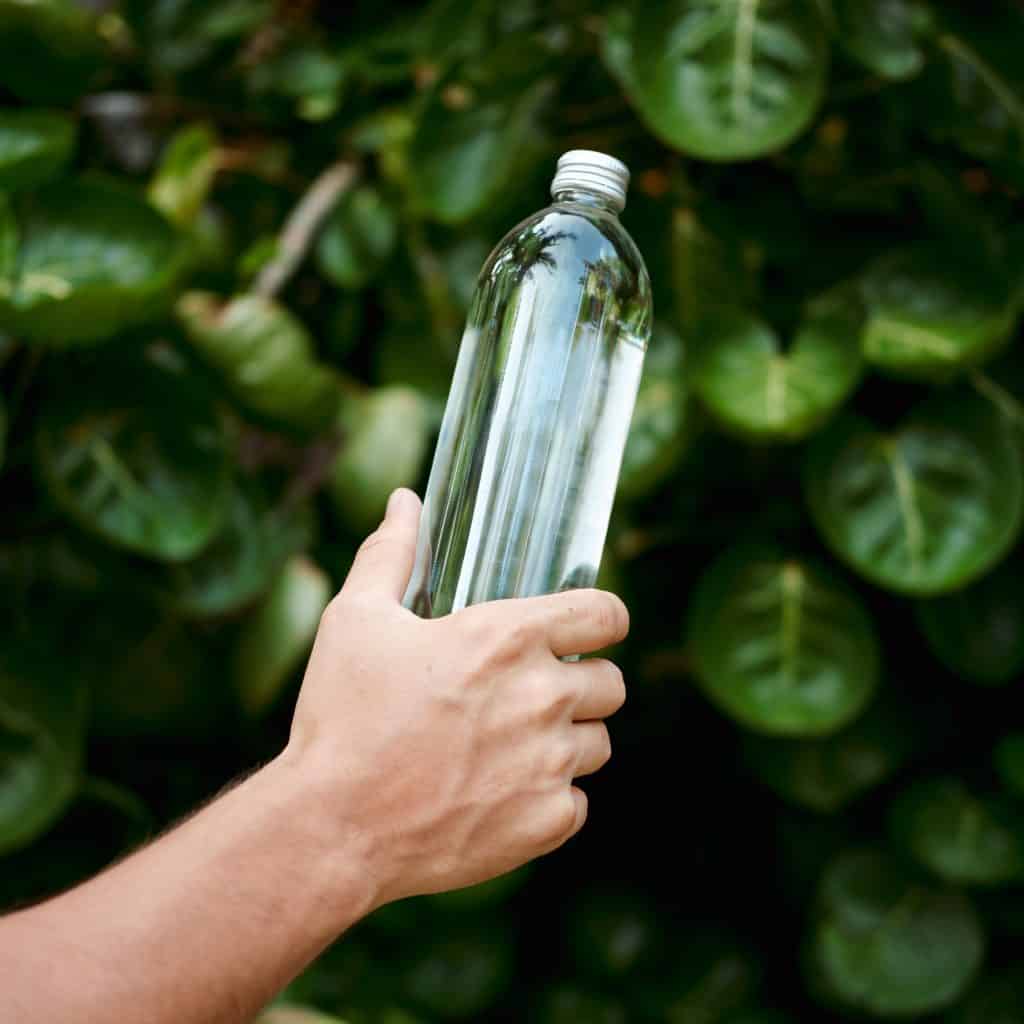
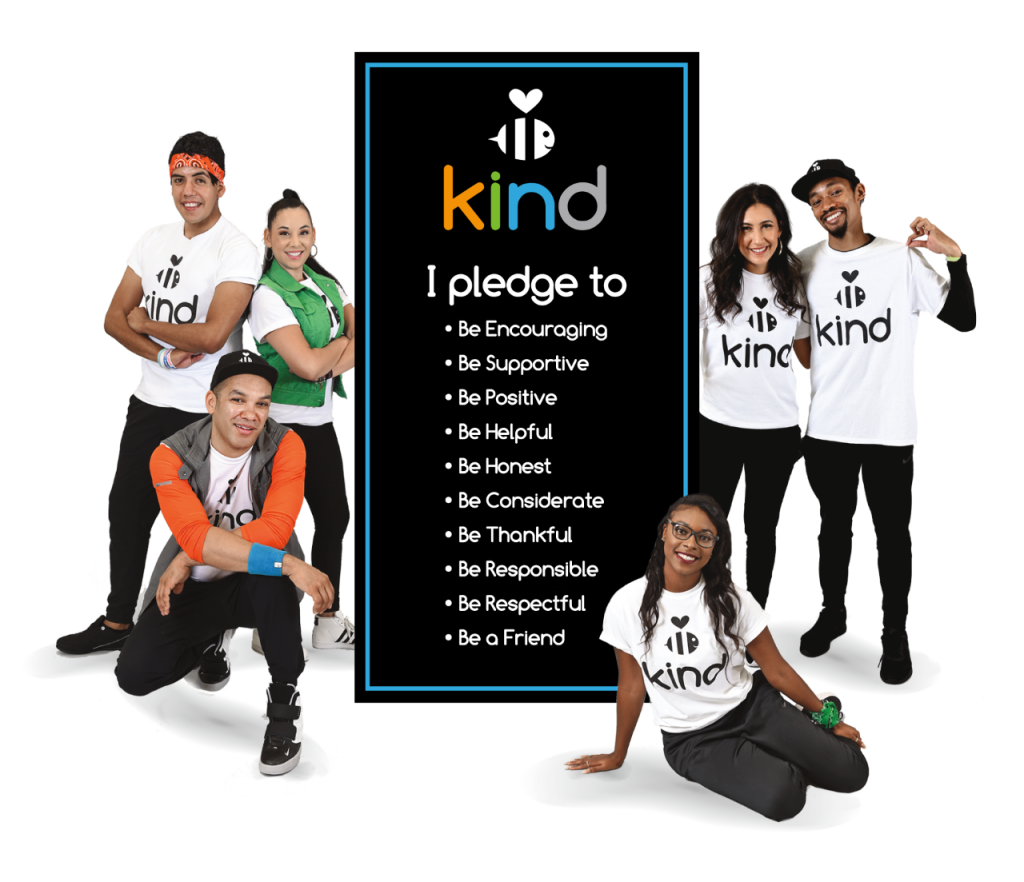
Hydration is key!
A quick and easy way to know if you are hydrated is to look at your urine. If the color is a pale yellow, like watered-down lemonade, you are adequately hydrated. If the color is copper or amber, like apple juice, it is time to up the water intake until you see the pale yellow come back.
Published on December 2nd, 2020
By Karina Bettis, School Wellness Intern

Questions? Comments? Want to contribute to the Wellness Wednesday Bulletin?
Send your ideas to Krysta Flores at krysta@bkpp.org.

Learn More about The Be Kind People Project®
- Programs
- After School Classes
- All-School Assemblies
- The BE KIND Academy
- The BE KIND Business
- The Be Kind Break
- The BE KIND School
- The BE KIND on the MOVE
- #CyberSkills
- Family Engagement
- Fitness Programs
- Gardens
- Grace’s Group
- Health & Wellness
- Summer Programs
- Teacher Training
- Wellness Wednesday
- Athletes for Arizona
Copyright © The Be Kind People Project | Privacy Policy
